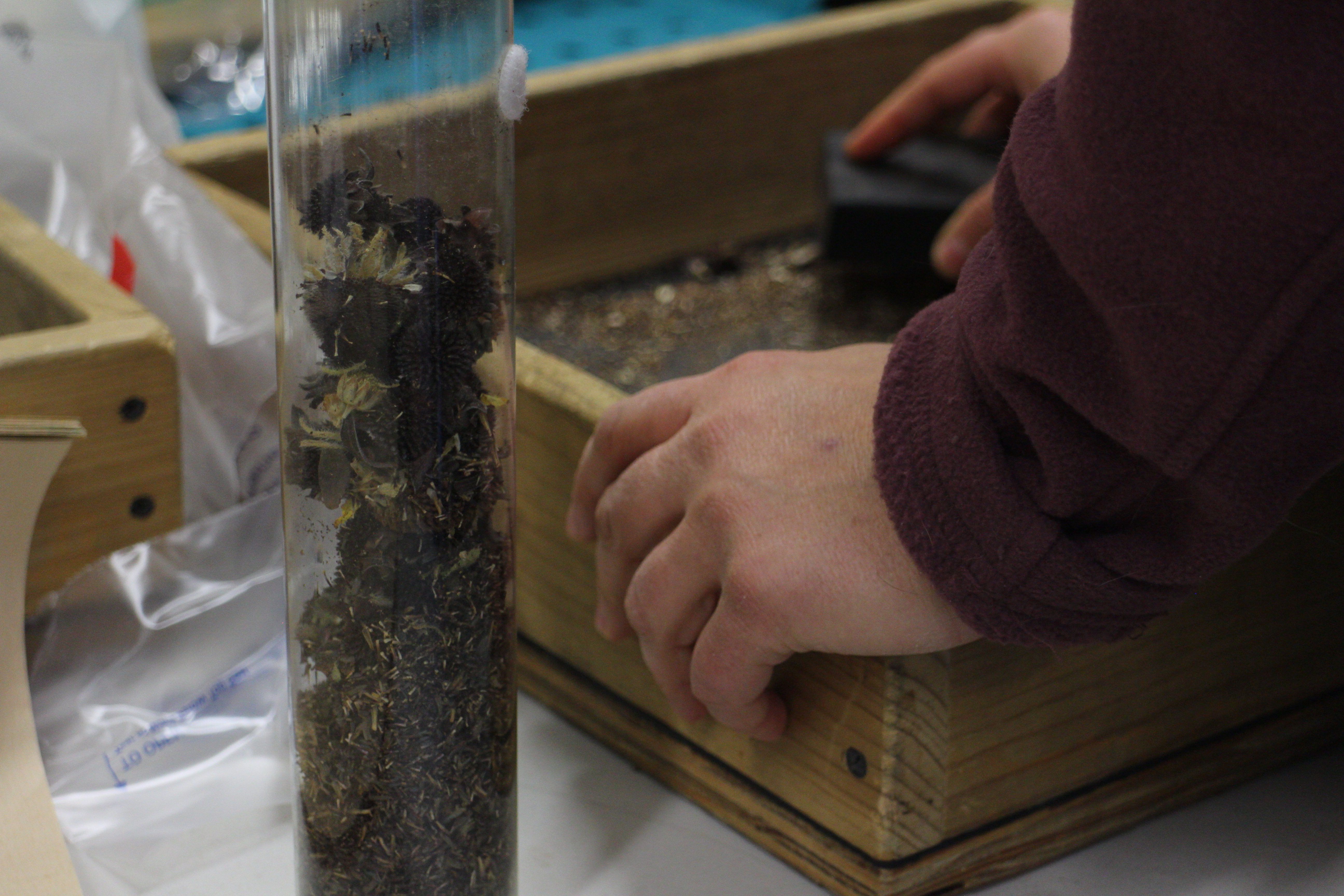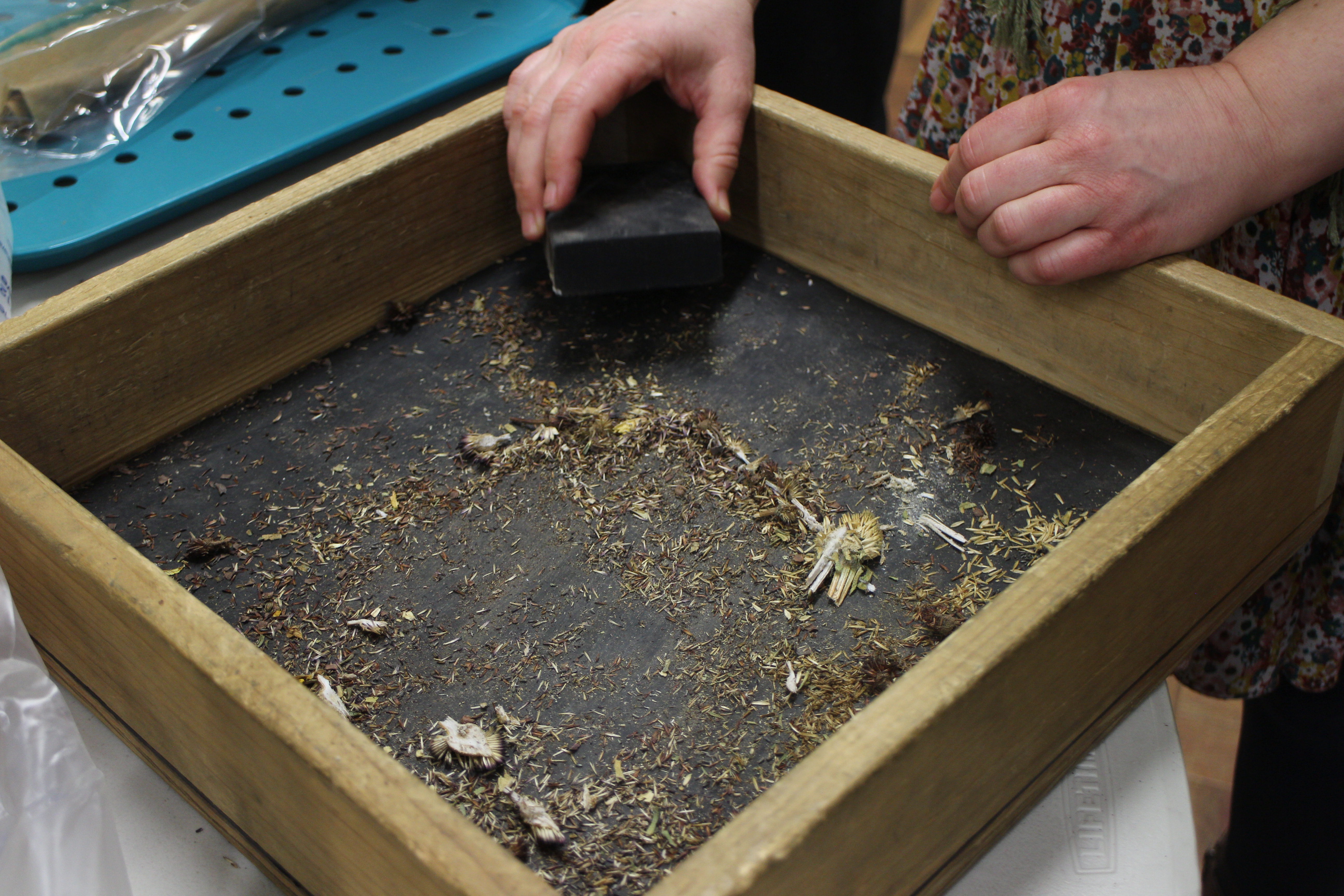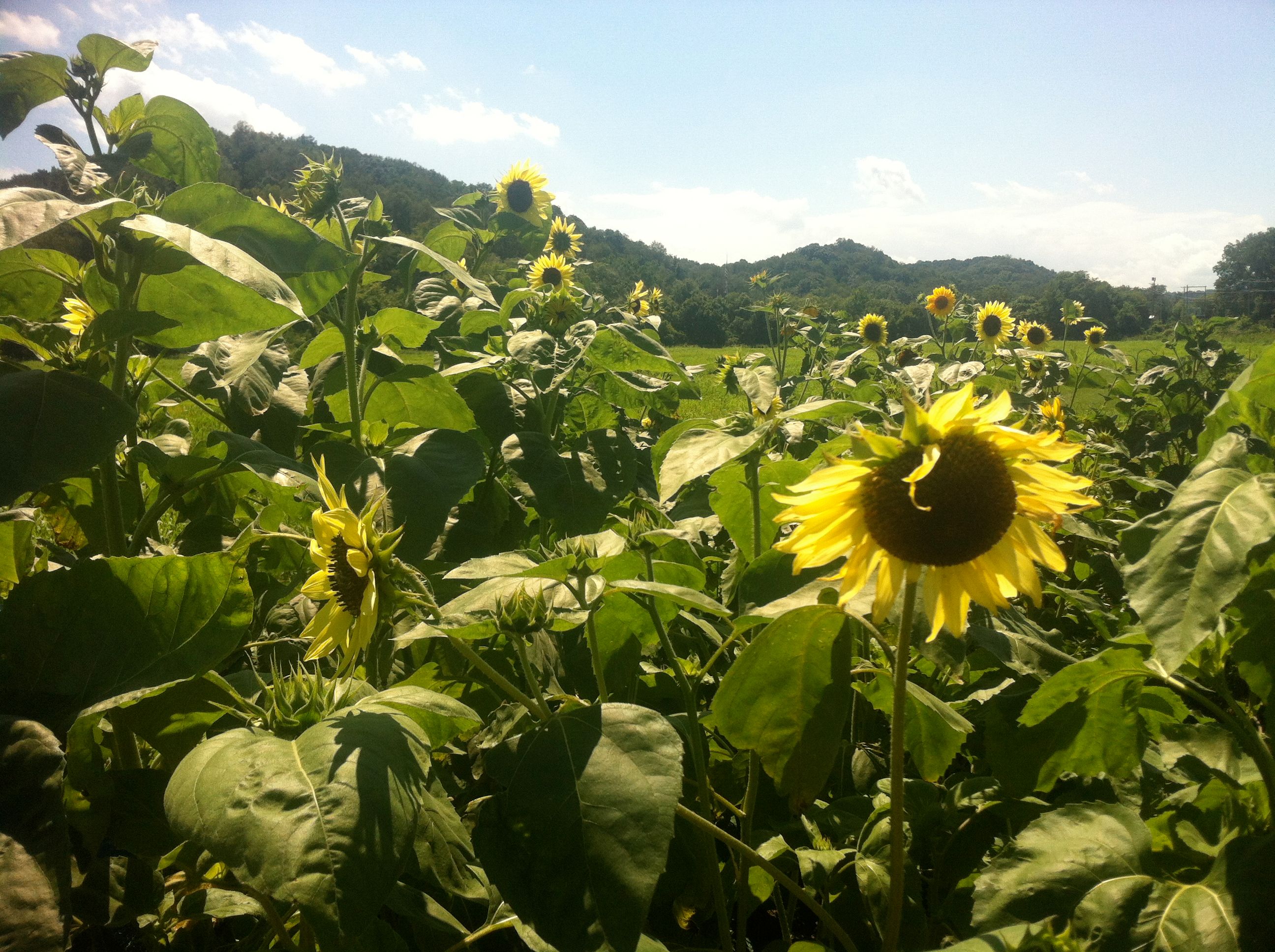
Why Does Policy Matter for Absolutely Everyone?
Because we are all eating, and you won’t believe how policy affects your dinner plate.
I attended the Seed to Sustainability Workshop, hosted by Community Food Initiatives at the Athens Community Center. As a social work major, my focus of interest are policy issues that affect our food security. It felt humbling and surprising to learn that policy affects our seeds, the birthplace of our fruits and vegetables. Seed policy impacts garden stewards, seed exchanges/swaps, seed libraries, seed banks, and seed companies.
Mary Nally opened up the workshop with a timeline, beginning with the birth of seed saving in the Colonial times. Seed saving seemed to be a hidden gem of a task among Agricultural Elites, until the idea of commercializing seeds came to be in the late 1880’s. Quality control acts came to fruition in the 1930’s, including the Plant Patent Act and the Federal Seed Act. While accurate labeling sounds like a good idea to me, policy seemed to take some extreme approaches to quality control when the 1970 Plant Variety Protection Act created “prohibition commercial use of certain unique varieties”.

Focusing specifically on Ohio, some of the restrictions we are facing today include consequences from:
Plant Variety Protected (PVP), “granted by the USDA, protects unique varieties by prohibiting unauthorized commercial use, and remain in effect for 20 years.” In other words, you may save and use on your own farm, but you may not share or sell.
Seed Patent, seeds can only be produced, can’t be saved, can’t be sold, can’t be shared in effect for 20 years.
Utility Patent, patenting genetic code of the seed.
So how does this affect our dinner plate?
In 2012, we know that three companies control 72% of seed industry, internationally.
“Most International Corporations in the Seed Industry are focused on developing varieties that can work in tandem with the chemical fertilizers and pesticides and other products, and protecting their property through hybridization and patents.”
This is a conflict of value of our organic farmers and the vision of chemical free dinner plates.
Minnesota, California, Nebraska, and Illinois have succeed in changing their seed law.
I know we have the social justice warriors because there were a significant amount of them attending this workshop. Our voices come through when attending these workshops, taking a conscious approach to our diets, staying up to date with policy matters, and having simple dinner table conversations together.

